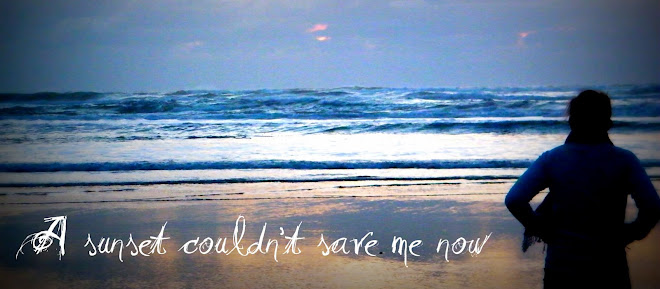
This postcard is my Post Secret selection for the week. It wasn't until I posted it here that I realized "good" was "good"; I'd been reading it this week as "God." And I'm a copy editor. I'd say that maybe I was looking for something that wasn't there, but God is there, just with an extra o.
I'm glad the sender believes this, and that he or she made it this far along in life to come to this realization.
Now digression.
I'm not Pollyanna, or even her cousin, but I'm neither a complete realist by definition (realism: concern for fact or reality and rejection of the impractical or visionary, or a practice in literature or art of accurately representating nature or real life without idealization) due to my tendency to strive for--and to believe we can achieve--something better than what is.
I suppose too that realism depends on your definiton of real. What may seem an idealistic interpretation to you may seem very real to me (or, more likely, vice versa). Without waxing too philosophical, for I am far too untrained in the matter, isn't acknowledging that Good exists an accurate representation of nature and life? Isn't recognizing the fact of good an accurate representation of what is? Isn't accepting goodness real? Some "realists" acknowledge only the bad, the ugly, the dark as "real," but not all instances of goodness are contrived. That the world is entirely ugly may be more idealistic, in the anti-Pollyanna sense, than realistic.
For example (in case you need one), I paint a bowl of fruit. In my painting, the oranges are bland and lifeless but the grapes and cherries are gorgeous. You look at that bowl of fruit and believe that I have inaccurately represented the oranges, which appear bright and juicy to you, and that I've idealized the grapes and cherries. I look at the bowl of fruit again and see exactly what I painted. Who is the realist? Who is the idealist?
Another example, I make a documentary of a homosexual teen's experiences at school and church. The movie consists solely of the preacher preaching against homosexuality, a therapist counseling the teen "back" to heterosexuality, bullies harassing the teen, whispers and looks given to the teen, and the teen confessing to thoughts of suicide. I have made a realist film by documenting the teen's reality accurately. You leave the theater feeling hopeless; viewers would call this very real. But why did I make you feel this way? Just cuz? Does anyone really do anything just cuz? Wouldn't my filming of the youth group who accepts the teen, of the teacher who mentors the teen, of the preacher who preaches love also be just as real? I'm not questioning the definition of realism, just our pereception of realism.
I apologize to anyone with a background in philosophical theory who may be reading this (leave comments?). It's pretty apparent that I perhaps subscribe more to idealism (or, more accurately, lean toward idealism on the spectrum, the middle of which most of us lie). Idealism: a theory that the essential nature of reality lies in consciousness or reason, that only the perceptible is real. Or it is an artistic or literary expression placing more value on imagination than in directly copying nature. I see idealism as, in a way, dealing with the possible, not necessarily the probable (to paraphrase Nathaniel Hawthorne).
Without at least a small amount of idealism, what's the point of anything? My realist take on it: idealism is a part of an accurate interpretation of what is.
I love blogs.


1 comment:
It wasn't until you pointed it out that I read "good" instead of "God". Interesting, how I read the same thing.
Post a Comment